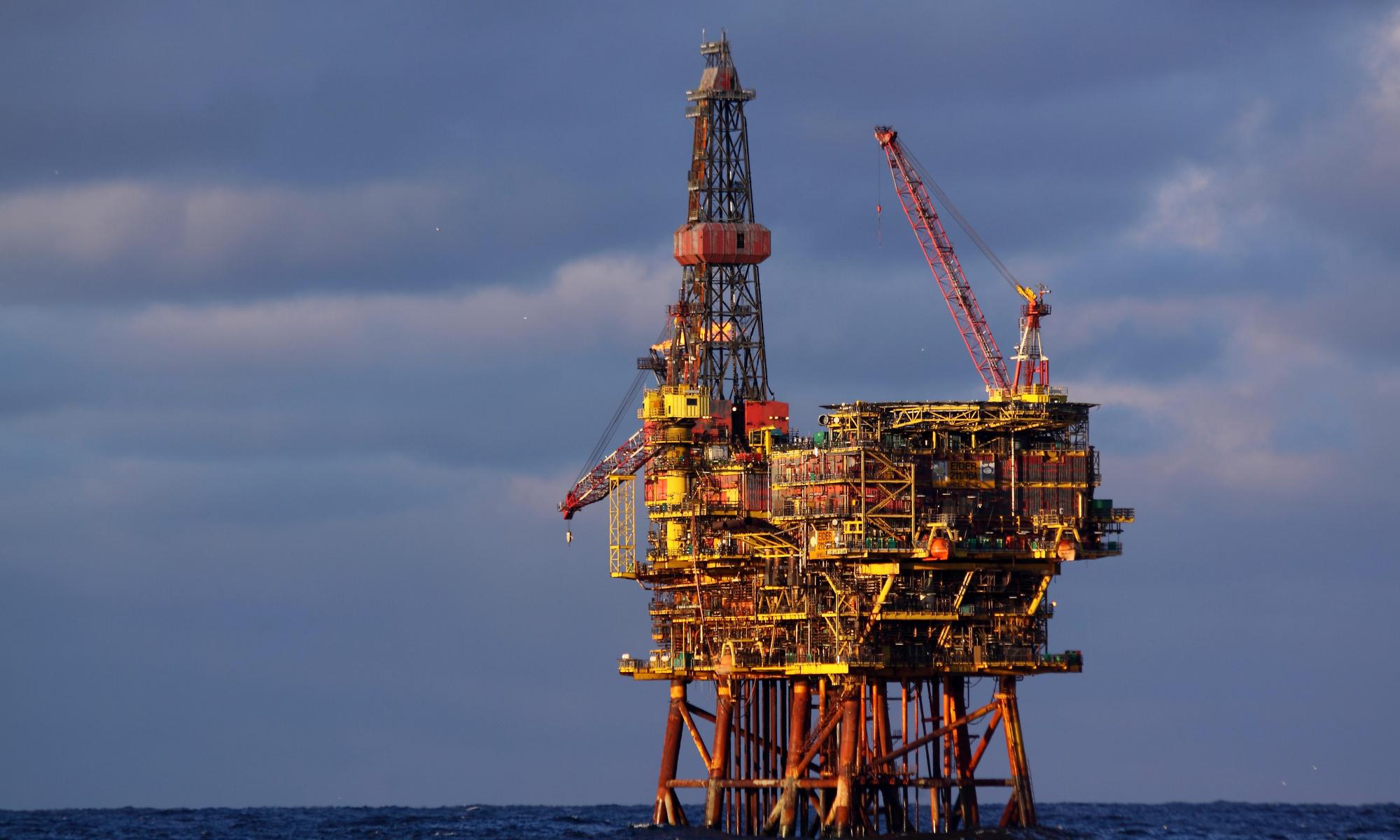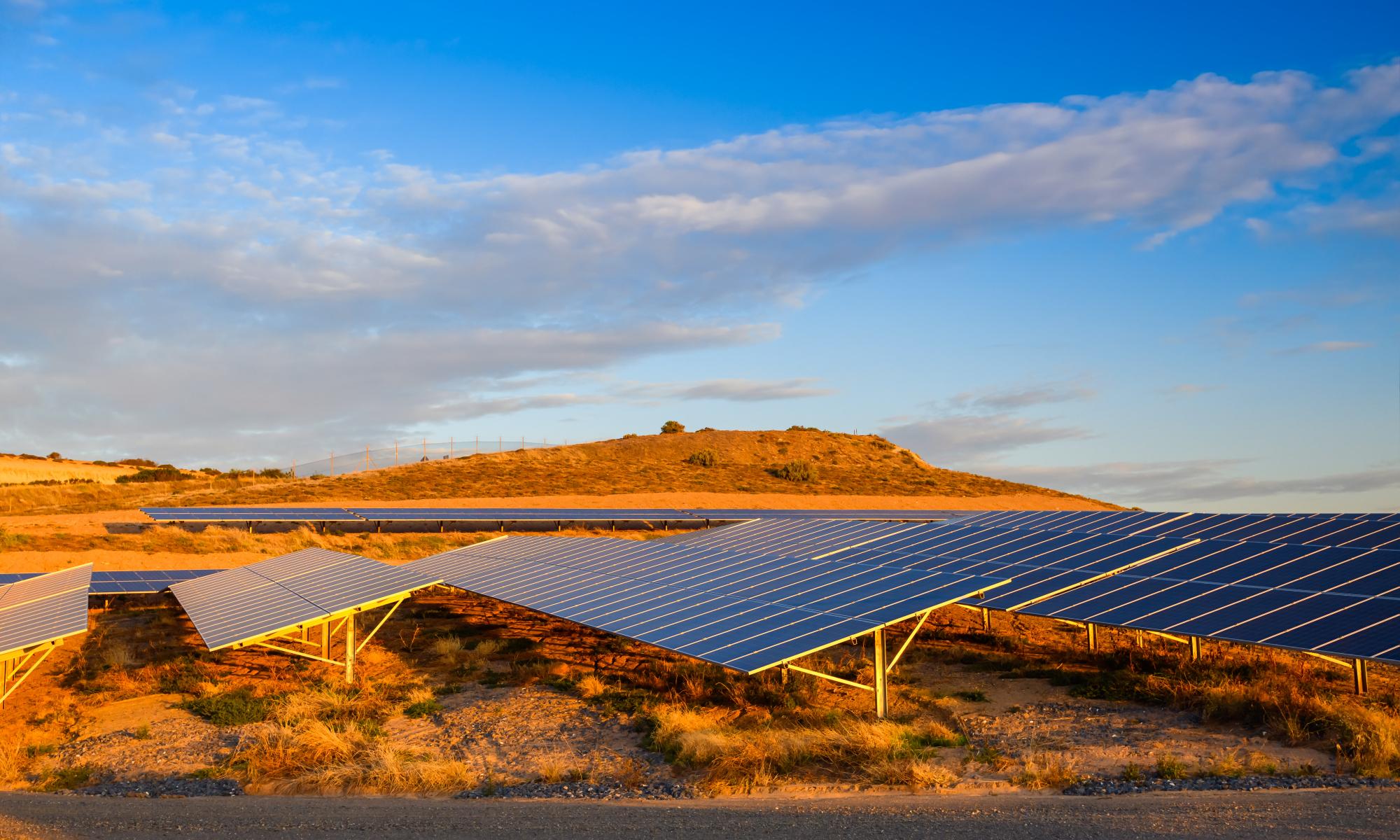The UK foreign secretary, Dominic Raab, has called on Australia to work with other countries to bring down carbon pollution as it works towards the “challenge” of achieving net zero emissions by 2050.
Raab, who met with Australia’s foreign affairs minister Marise Payne on Thursday, said the pair had a “good constructive conversation” about Britain’s goal to reduce emissions as it prepared to host the United Nations climate summit, COP26, in Glasgow later this year.
The visit to Australia is the first overseas visit for the UK foreign secretary since Britain officially exited the European Union six days ago.
When asked about Australia’s policy record on climate change, which was a “politically contentious” issue in the wake of the summer bushfire crisis, Raab said the UK’s approach was to “try to make a success” of COP26.
He said Britain wanted a “step change” in the international response to climate change, which he described as the “challenge of our times”.
“We are going to talk to all the countries about their contributions in getting emissions down,” Raab said.
“I think there is an exciting opportunity, there is a challenge but there is also an opportunity, and we are want to lead in rising to that challenge and we have had a really good conversation about it today.”
He said there was potential for Australia and the UK to be “natural collaborators” on reducing carbon emissions, naming the greening of financial services and “technical cooperation” as possible areas.
While he declined to comment on whether more ambitious climate policy would be a requirement of the post-Brexit free trade agreement to be signed between Australia and the UK, he said Britain was looking for a “team effort right across the board”.
“We hope to be leading by example with our commitment to get emissions down to net zero by 2050 but there is a whole range of other things that we need to talk about and what we have got to try to do is make it a win-win,” he said.
“It is a huge challenge … but we have got, and I know that Australia has got, the innovators, the entrepreneurs who can come up with green technology which can help find a way forward.
“We have had a really good constructive conversation about it and we will continue that conversation with our Australian friends, but also all of the other big players in that debate.”
Payne said in the lead-up to COP26, the Australian government would be looking at what “practical climate action we can take together”.
Raab was also due to meet with the prime minister, Scott Morrison, on Thursday afternoon.
Morrison has refused to back the goal of net zero emissions by 2050, despite signing on to a communique at the Pacific Islands Forum that committed to develop a 2050 strategy this year.
Following calls from the UK prime minister, Boris Johnson, for other countries to join Britain in striving for net-zero 2050 target, Morrison said the Australian government would not adopt policies that were about “putting taxes on people, putting their electricity prices up or driving industries out of regional areas”.
“I would never make a commitment like that if I couldn’t tell the Australian people what it would cost them,” Morrison said.
The prime minister is under pressure from within his own party room to increase the government’s climate change action, but moderate MPs are facing pushback from conservatives.
On Thursday, Morrison was asked how he would balance a proposed transition to cleaner energy with calls from Queensland Nationals MPs to build new coal-fired power stations and retrofit existing coal plants to reduce emissions.
The prime minister said the government had adopted a “common sense position” that recognised that the reliability of Australia’s electricity system depended on coal.
“It understands the need for the maintenance and sweating of those assets which are providing reliability to the system,” Morrison said.
“And where those types of assets in the future can be developed in the way that would be required under the environmental standards, then that’s not ruled out either. So it’s common sense. It’s a common sense, well-balanced policy. And I think that embraces everybody, not just in the Liberal party room, but right across the Coalition.”
When asked if this meant the government could use taxpayer funds to retrofit existing coal-fired power stations to reduce emissions, Morrison left the option open.
“We work with all the energy companies because we know that we don’t want to force people’s power prices up and we don’t want to see a loss of capacity out of the system that is unnecessary. And so we take all of these decisions in the national interest.”


